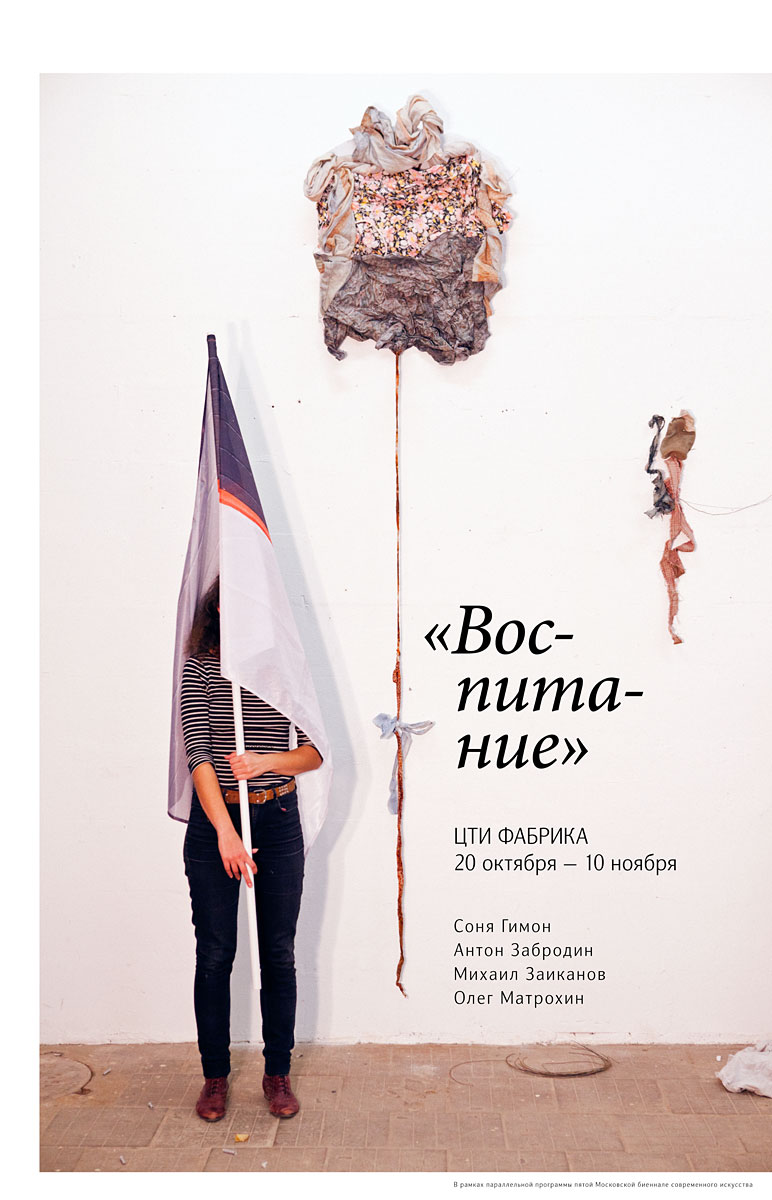|
As we
know, the history of architecture is, to a large extent, the
visualization of the history of both state and personal power.
After some time, the power which stands behind a building or a
style is though forgotten, and only the form remains, and it
becomes possible to enjoy looking at the past symbols of terror.
The city charges the vacant forms with new content. The next
step would be to substitute the material used for creating these
forms.
Nurtured with Charles Perrault's fairy tales and stories about
the trophy furniture, Oleg
Matrokhin experienced himself the role of the forms which
surround us during the process of growing up. We learn how to
subconsciously recognize the shape from far away, and after just
one glance at the painting in a pompous frame or a richly
decorated clock we immediately associate it with something from
the 18th century. The visuality which used to be an
interpretation of the epoch is now present only in shape of a
silhouette which is easy to recognize almost everywhere - even
if it was just a crumpled napkin.
Anton Zabrodin rethinks
the flags decreasing their rupture with the real landscape,
which those flags separate into a number of unnatural parts.
Nominal borders which we learn to take as a given partially
because of the flags, play a more important role in a country's
faith than the natural ones. Zooming in we can see that the
borders can easily disappear on human scale. However, when
manifested in the barbed wire they can also completely block the
interconnection in between the two parts of a natural whole.
Mikhail Zaikanov
directs the attention towards the way we are given the ideals
for how to live and talk. In a similar way as in his earlier
project on children's games, which transmit certain norms of
behavior to the following generations, Mikhail now refers to the
language as a tool to form a certain idea about the world. The
ideal of housing is one of the most important characteristics of
an epoch since that is what retranslates the norms of behavior.
The exhibition participants penetrate into the material used to
create the visual conductors of the education. Defocusing our
eyes, we find ourselves in a scenic world of an old mansion, in
the XXth century transferred to the embassy of a country with an
unknown flag. Bringing the details back into focus, we see
something similar to if the Ministry of Foreign Affairs tower
was constructed out of banana boxes filled by the old books.
Sonya Guimon |
